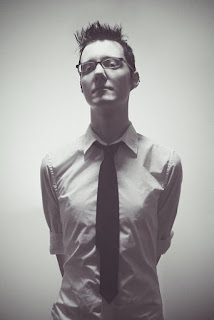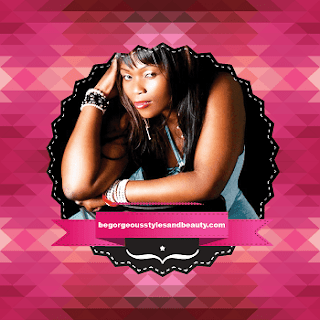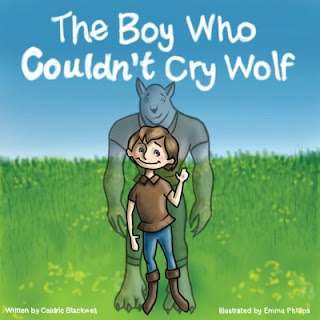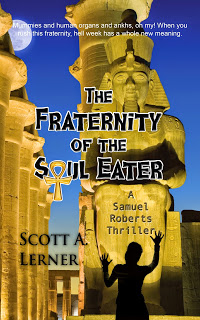Today we are interviewing LA-based director and producer Eric Thirteen.
Tell us a bit about your background in film.It’s weird actually, my background is actually in engineering. I never went to film school. For a long time I thought I’d spend the rest of my life in Silicon Valley writing code. Eventually my dreams started to be crushed by bureaucracy there, and I think I fled to Los Angeles to avoid suffocating to death. Navigating the politics of film became a cute challenge compared to what I was used to.
What first got you interested in directing and producing?
Penn Jillette had written a movie, Adam Rifkin was going to direct it, and they were crowdfunding. I emailed Penn (who I had barely ever corresponded with at that point) and told him I wanted to come to LA and work on it. I dropped everything I was doing, drove to LA and lived on that set. I’d sit next to Adam all day picking his brain and watching him work. I couldn’t get enough of it. The set felt like where I belonged.
You recently re-mastered and re-released a concert film about The Birthday Massacre. Tell us a bit about what originally inspired you to make the film.
That was before I even started work in tech, it was really the first thing I ever did. I was following the band around on tour at the time. It was a big deal that they were finally playing outside Canada. I was documenting it all like a digital pack rat. First it was photos, then video of individual songs. Everyone in the US had waited so long to see them play here that I think we wanted to savor the moments.
I wanted to push that as far as I could and see if I could make a whole multi-angle concert. I was spending everything I had on the tour so there was no budget to do it properly. I ended up cutting together something like the Blair Witch of concert films. I put it together and gave it to the band as a congratulations gift for completing their US tour.
What made you decide to re-release the film?
I made the entire thing on home equipment when it was just becoming possible to do something like that. Getting it cut and distributed online when YouTube was so new was a technological feat in and of itself. I didn’t expect it to get as much attention as it did, and I certainly didn’t know I’d end up working in film. When I got to Hollywood, the first thing I decided to do is remaster it and give it a proper modern release.
Can you tell us what the remastering process is like?
I went back to the masters and did a new mix in 5.1 surround. Every step of the way, the focus was on detail. Preserving the live sound and feel. The color was never touched in the original release either, so I graded it for the first time. It was a matter of combing through every scene and pushing the colors apart. Getting the skin color away from the fog color so there would be a nice contrast. I’m able to do things today I wouldn’t even have thought of back then.
You’re also are involved with Double Feature, one of the longest running movie podcasts on iTunes. For readers unfamiliar with the podcast, can you describe it for us?
Yeah, I produce and edit and cohost and the whole deal over there. The aim of Double Feature is to pair two films up every week and talk about why they’re both awesome. If you’ve ever seen a movie and thought “why do people like this so much?” Double Feature kind of exists to answer why. Over time though, more and more people are getting involved with that show. We’ve been getting listeners in on the schedule and everything through Kickstarter every year.
It’s your third year crowdfunding the podcast. What made you decide to go the crowdfunding route? Were you surprised by the response?
Crowdfunding has enabled weirdos to bypass the system and go right to their audience. You don’t need to get the permission of an out of touch middleman who doesn’t understand you or the audience in the first place. It’s the reason we even started podcasting. We didn’t want to convince a radio station to hire us, that never would have happened. You put your stuff out there, and if you can get it to the people it speaks to, they’re going to vote with their dollar. Every campaign is nerve-wracking. At the same time though, it’s incredibly validating once it’s funded. It’s a sort of proof that what you’re doing is worth doing in the first place.
What can you tell us about your next film project?
I’m in preproduction on a short film I’ll be directing in September. I wrote it when I was making the transition out here and going through some nightmarish stuff. It’s my little art-as-therapy piece. We haven’t announced anything yet, but there’s some people on it I’m really excited to work with. We want to take it to festivals and make some new friends.
Relevant Links
Find Eric Thirteen on IMDB
Check out the Double Feature movie podcast











